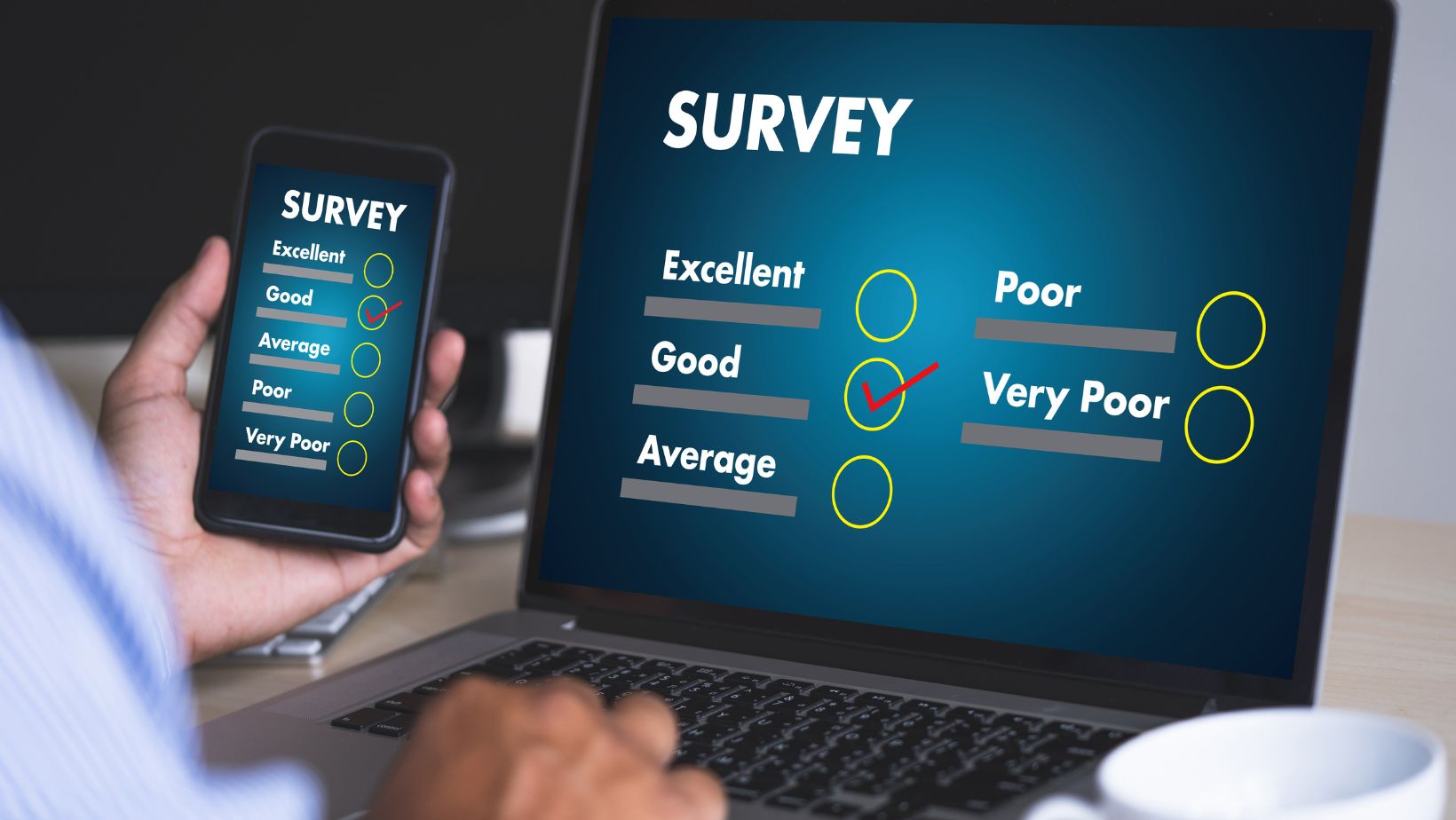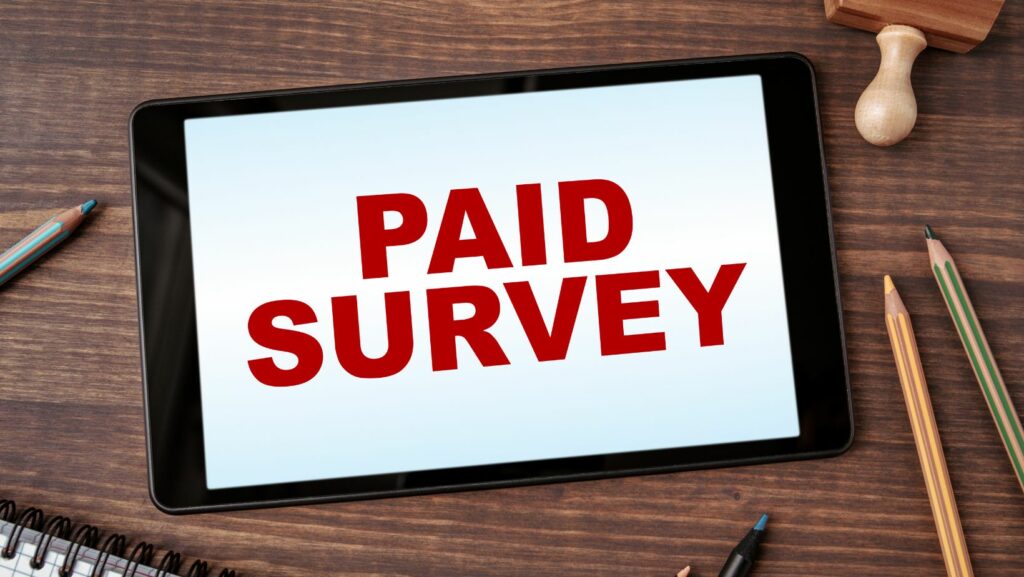Surveys are a very common activity that researchers carry out to obtain information and opinions. In turn, paid medical surveys enable individuals to share important information related to healthcare while being compensated for it.
They are conducted by pharmaceutical companies, healthcare organizations, or research firms that need to know opinions, experiences, and feedback on certain medical conditions, treatments, or health-related behaviors.
In this article, we shall take a look at the purpose of paid medical surveys, how they work, the types of participants involved, their advantages and ethical considerations, and strategies for finding legitimate opportunities.
Paid Medical Surveys: The Purpose
Paid medical surveys are an important tool that can be used to improve health outcomes and further medical research.
They create a direct route for researchers to reach out to people and obtain real-world information about medical experiences and treatment effectiveness. The insights gained through this help the companies in coming up with better therapies, learning patient preferences, and identifying unmet healthcare needs.
While fostering innovation, these studies also bridge gaps in knowledge on the part of the researcher by enabling firsthand insight into the condition or sets of populations under study.
Some might ask, for example, how people manage chronic diseases, what medicines actually work in real-world conditions, or how health services might be better shaped to meet varied needs across different patient types.
Compensation for participation is provided upon completion and may range a lot. You may get a voucher, or perhaps even an online survey gift card.
Paid Medical Surveys: How They Work
First, paid medical surveys usually require the recruitment of the necessary participants. Researchers obtain their potential participants from various websites, advertising, or via email contacts. It usually requires eligibility, such as age, sex, specific medical history, or other experiences in some conditions or treatments. 
A study of asthma would require participants who have been diagnosed with the disease and some experience with using different kinds of inhalers.
These might involve different lengths and complexities for identified respondents. The questionnaires can range in form from the gathering of opinions, description of experiences, to ratings of satisfaction about medical products or services.
Other studies may imply multiple stages: follow-up questionnaires, for example, or longer periods of participation.
Who Can Take Part in Paid Medical Surveys?
Paid surveys target groups that would fall within their needs. Most, if not all, of these studies will be focused on people affected by a certain disease or disorder due to the firsthand information it provides about everyday struggles concerning the disease in question and the treatments being administered.
The people with arthritis could comment on treatments used for pain relief, or how they too feel afflicted by their condition.
Most of the medical surveys also involve healthcare professionals, such as doctors, nurses, and pharmacists.
Their expertise lends critical insights into clinical practices, the adoption of medical technologies, or trends in patient care. Some of these questionnaires may be used to garner input from the general population about broader healthcare issues, public health policy, or general wellness behaviors.
These can include a much wider range of participants in order to represent diverse perspectives.
Paid Medical Surveys: Benefits and Ethical Considerations
Paid medical surveys entail a few benefits for participants and researchers; however, ethical consideration remains a key aspect in their execution.
These offer the participant a great avenue to earn extra money while helping with healthcare advances. It is empowering when the participants share experiences or opinions, especially when the participants realize their contribution might lead to improved treatments or changes in the way patients are taken care of.
It is always crucial to address the ethical concerns of protecting the rights of the participants. Well-established organizations that conduct surveys make sure to explain the purpose of the research, the use of data, and the anonymity of it.
Protection of privacy is paramount, and people should be assured that their information will not fall into the wrong hands.
Another cardinal principle is voluntary participation, and one should always be free to withdraw from any survey anytime he/she may feel uncomfortable.
It involves a high degree of trust in this process. Organizations conducting surveys have to meet ethical standards and, in most cases, work under the oversight of Institutional Review Boards. This will ensure that research is responsibly carried out with the protection of participant welfare in mind.
Finding Legitimate Paid Medical Survey Opportunities
Paid medical surveys will require careful, informed judgment to find the legitimate ones. This means using reputable platforms and research organizations that offer valid opportunities.
Surveys that might be affiliated with well-known firms, universities, or healthcare companies are probably more ethical and will compensate a person for the time taken to fill out their questionnaires.
First, one should check the credibility of an organization prior to committing to a survey. One can look at reviews or check the standing with consumer advocacy groups, such as the Better Business Bureau, to confirm its legitimacy.
Participants should be fully informed of and carefully review the terms of the survey, including time commitments, types of questions, and compensation details, to ensure they are comfortable proceeding.
Not less important is the ability to avoid potential scams. No real medical survey will ever ask participants to pay fees or any sensitive financial information in order to be enrolled in a survey. If a survey or platform does, that’s a red flag.
Finally, participants should be comfortable with the degree to which they are willing to disclose personal health information and consider only those organizations committed to ensuring confidentiality and data security.
Conclusion
Medical paid surveys are one great way for individuals to add to the medical field and get paid while doing so.
By understanding the purpose, mechanisms of action, and the calibers sought after, one will make apt decisions on which opportunity to pursue. It is also important to keep eyes open in filtering out the reputable ones, which will guarantee privacy and security throughout.
Paid medical surveys will also open up possibilities to earn something from it if they are taken carefully and with much awareness apart from giving satisfaction to one’s self that the input will shape the future of medicine.

